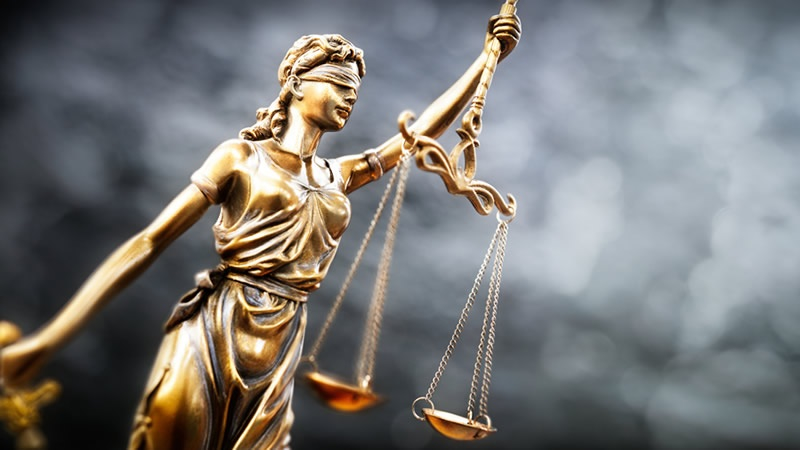
Within the current legislation that applies to drugs, drug rehab can form part of many of the potential rulings a Court can make for someone convicted of a drug offence. Others include fines and imprisonment; in the case of the former, attending a drug rehab program can also be a stipulation of the Court.
The use of drugs and their legality, plus the punishment for drug offences, is a topic of often fierce debate. Those involved in those debates range from people who believe all drugs currently considered illegal should be legalised to those at the other extreme who say that even the medical use of CBD should be a jailable offence.
Thankfully, most people fall between those two positions, and it is those who wish to reform drug legislation and how we deal with drug use rather than those who want to keep the status quo that we will discuss here.
Many believe that Australia’s current drug laws are outdated and, further, that they do very little to either stop drug use or end the criminal activities of drug manufacturing, selling, and distribution.
They believe that drug use should not be considered a crime and that drug addiction should be classified as a medical condition worthy of treatment in all cases rather than as a crime and, as such, end the stigmatisation of those addicted to drugs.
What is advocated by many who believe that current drug laws are not fit for purpose is the legal regulation of drugs. It is important to stress that legal code is NOT the same as decriminalising drugs. This can confuse, especially as those with more liberal views on drugs seek decriminalisation only for personal possession and use.
In addition, those who wish to see drug law reform and are not primarily in favour of decriminalising drug trafficking, for example, believe it leaves too many grey areas. They think that even decimalising particular drug possession and use classifications would still mean a black market for other drugs. It is all unregulated and thus open to criminal gangs to exploit.
The case for the legal regulation of all drugs is that it would mean every drug would ultimately be regulated and thus under the control of the government at both federal and state levels. Those who argue for this point out that other drugs, such as alcohol, tobacco, and prescribed medicines, are dealt with in the same way, and as such, widespread criminal activities in the manufacturing and distribution of these do not exist in the same extent as they do for illegal drugs.
As for what legal drug regulation would look like in practical terms, here are some of the main options advocated.
Licenced Outlets
The idea here is that drugs considered to be lower risk could be sold from licenced outlets or stores with the caveats of age restrictions, zero advertising, and advice being on hand relating to health and safe use.
Pharmacy Sales
A proposal to keep regulated drug sales within a medical framework would be for pharmacists to sell them. This would include them being able to supply rationed quantities of some more potent drugs, such as amphetamines and MDMA.
Licenced Premises
In this scenario, licenced premises for the sale of certain drugs, similar to the principle of licenced premises that sell alcohol, would be established. These sales would be for on-site use only, with many conditions and restrictions applying, such as minimum age limits.
On Prescription
Possibly, the option most likely to gain traction is for regulated drugs to be available on prescription in the same way many medications are. This would ensure that a medical professional is supervising an individual who may also be on a drug rehab program trying to reduce and ultimately end their drug addiction. Rather than getting their drugs from criminal sources, they could get them from a regulated medical setting.

